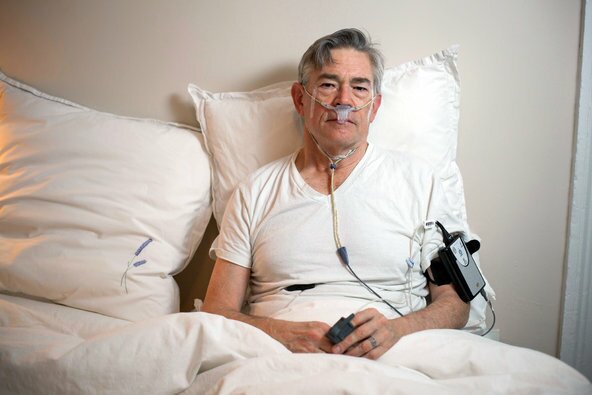What is diabetes? Diabetes is the metabolic disorder over the body’s inability to properly absorb and burn glucose in the blood. The process needs insulin. The most common diabetes is the Type 2 diabetes. This is the type of diabetes that is developed over time and during adulthood. Type 2 diabetics produce ineffective insulin. Type 1 diabetes is developed while the patient is still young, and in their case, their bodies do not produce enough insulin or none at all. Another type of diabetes is the gestational diabetes developed while still in the mother’s womb.
Nine out of every ten diabetics have Type 2 diabetes. Most of the causes are coming from unhealthy lifestyles and indulgence of fatty foods. The most notable complication of the Type 2 diabetes is the rare and extremely painful diabetic amyotrophy. Below are the most common contributing factors in developing the disease: Obesity, Unhealthy diet, Inactive lifestyle, Smoking, Abusive drug use, Excessive alcohol intake.
Type 2 diabetes is developed over time. Here are some symptoms that indicate the need to properly diagnosing diabetes: Excessive thirst and hunger , Unexplained fatigue, Blindness, blurring of vision, Dry mouth, Frequent urination, Uncontrollable weight loss or gain, Hard to heal wounds, blisters and sores, Yeast infections, Darkening of the armpits, neck and groin areas.
Here are two of the most common ways of diagnosing diabetes:
- Fasting Plasma Glucose Test – Also referred to as fasting blood glucose test or the FPG test. This test requires at least eight hours of fasting. Blood samples will then be taken from the patient. Glucose level should be 99mg/dl or less. 100-125mg level indicates pre-diabetes, placing the patient at risk of developing Type 2 diabetes. Over 125mg of glucose in the blood indicates full blown diabetes.
- Oral Glucose Tolerance Test – This type of test for diagnosing diabetes is more reliable than the FPG. This also requires fasting of at least eight hour. After the fasting period, the patient will be given a dose of glucose. Several blood testing will be performed at timed intervals. The purpose of the test is to determine how fast the body absorbs the infused glucose. Patients taking the test should be in perfect health, and normally active. To ensure accurate results, aside from the strict fasting, smoking and drinking coffee is also not allowed. The blood samples taken after 2hrs should indicate glucose level of below 140mg to be considered healthy. 140-199mg is already a pre-diabetes level and 200mg and above indicates diabetes.
Patients within the pre-diabetes level have increased risk of developing full blown Type 2 diabetes. In order to reverse the condition, the patient should follow the type 2 diabetes diet of foods low in cholesterol. It is always best to avoid developing diabetes, but if symptoms are indicative, diagnosing diabetes early will help in proper treatment and possible reversal of the disease.
